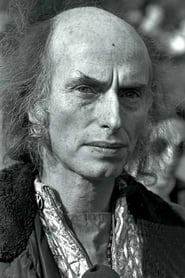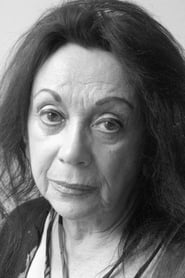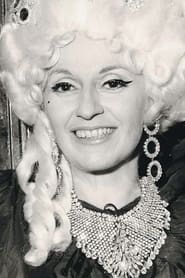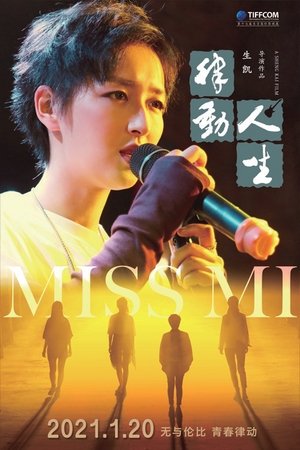

Après la Passion selon Sade(1968)
Movie: Après la Passion selon Sade
Top 10 Billed Cast

Après la Passion selon Sade
HomePage
Overview
Release Date
1968-01-01
Average
0
Rating:
0.0 startsTagline
Genres
Languages:
EnglishFrançaisItalianoKeywords
Similar Movies
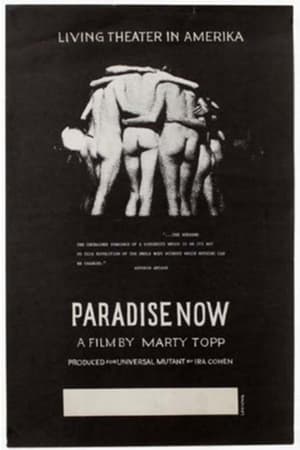 0.0
0.0Paradise Now: The Living Theater in Amerika(en)
A harrowing, gorgeous, in-your-face-and-mind 45-minute black-and-white film by Marty Topp, produced by Ira Cohen for Universal Mutant. “Marty Topp’s beautiful film of ‘Paradise Now’ reveals how the theories of revolutionary change and the experience of sexual liberation are not separate paths to the beautiful nonviolent anarchist revolution. Practiced together they are a single thrust, encompassing both political action and sensual joy, leading to the dreamed-of terrestrial paradise.
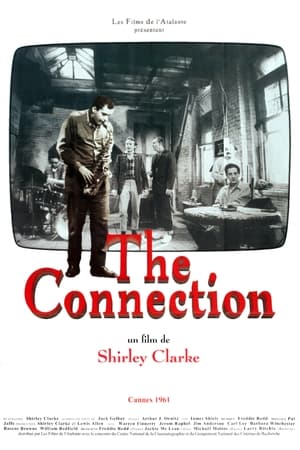 6.3
6.3The Connection(en)
A title card announces that the film is a result of found footage assembled by cameraman J.J. Burden working for the acclaimed documentary filmmaker Jim Dunn, who has disappeared. Leach, a heroin addict, introduces the audience to his apartment where other heroin addicts, a mix of current and former jazz musicians, are waiting for Cowboy, their drug connection, to appear. Things go out of control as the men grow increasingly nervous and the cameraman keeps recording.
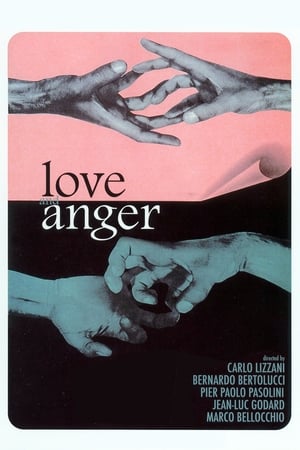 5.2
5.2Love and Anger(it)
Five short stories with contemporary settings. In New York, people are indifferent to derelicts sleeping on sidewalks, to a woman's assault in front of an apartment building, and to a couple injured in a car crash. A man, stripped of his identity, dies in bed with actors expressing his agony. A cheerful, innocent young man walking a city street in a time of war pays a price for this innocence. A couple talks about cinema while it watches another couple talk of love and truth on the eve of one character's return to Cuba. Striking students take over a university classroom; an argument follows about revolution or incremental change.
 0.0
0.0Emergency: The Living Theatre(en)
a 32-minute color film by Gwen Brown, featuring precious footage of Living Theatre productions “Mysteries” and smaller pieces, “Paradise Now” and “Frankenstein.” “The fusion of Brown’s freewheeling direct cinema and the Living Theatre’s performance for revolutionary change (amidst the heydays of both) unite as a dynamic concoction of the era, yielding for the viewer a shifting terrain of both critical insight and ecstatic zeal, not as a vacant nostalgia for a pre-commodified radicality, but as tactical inspiration for future days.” – Andrew Wilson (Artist’s Access Television)
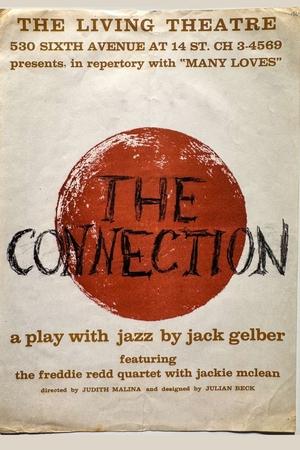 0.0
0.0The Connection(en)
A professional recording of the official play. The play has a play-within-a-play format, with characters Jim Dunn as the "producer" and Jaybird as the "writer" attempting to stage a production about the underbelly of society using "real" addicts. Some of the addicts are jazz musicians. They all (except for the "producer", "writer", and two "photographers") have one thing in common: they are waiting for their drug dealer, their "connection". The dialogue of the characters is interspersed with jazz music.
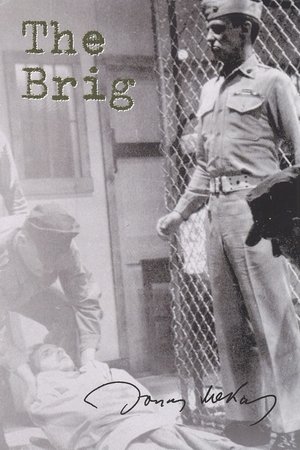 6.6
6.6The Brig(en)
An ultra-realistic depiction of life in a Marine Corps brig (or jail) at a camp in Japan in 1957. Marine prisoners are awakened and put through work details for the course of a single day, submitting in the course of it to extremely harsh and shocking physical and mental degradation and abuse.
 0.0
0.0Cour d'honneur de Jérôme Bel - Avignon 2013(fr)
Jérôme Bel's show features the memories of spectators at the Avignon Festival.
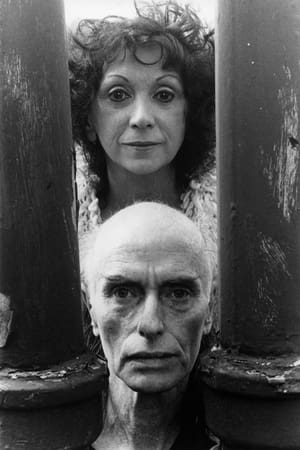 9.0
9.0Rite of Guerrilla Theater(en)
Commissioned work by Julian Beck and members of The Living Theatre (featuring Beck and Judith Malina, co-founders of The Living Theatre, in performance) for broadcast on KQED-TV, San Francisco. The Dilexi Series represents a pioneering effort to present works created by artists specifically for broadcast.
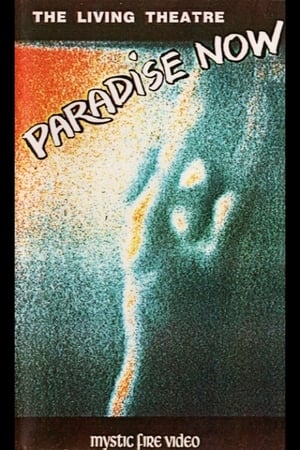 4.2
4.2Paradise Now(en)
At least forty films have been made about the Living Theatre; it remained to the American underground filmmaker Sheldon Rochlin (previously responsible for the marvellous Vali) to make the 'definitive' film about one of the most famous of their works, Paradise Now, shot in Brussels and at the Berlin Sportpalast. Made on videotape, with expressionist colouring 'injected' by electronic means, this emerges as a hypnotic transmutation of a theatrical event into poetic cinema, capturing the ambiance and frenzy of the original. No documentary record could have done it justice.
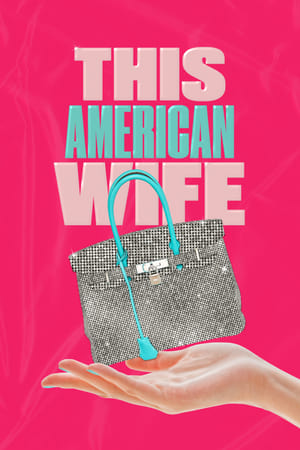 8.0
8.0This American Wife(en)
The body of a Real Housewife is an apparatus, an assembly of parts—hair, lips, dress, falsies, mic pack, cell phone, wine stem, camera, restaurant, brand, identity. This body is maintained and degraded, intoxicated and cleansed, in seasons and cycles, systems of supply and denial. The self needs a medium. Who cares who you are when you’re alone anymore?
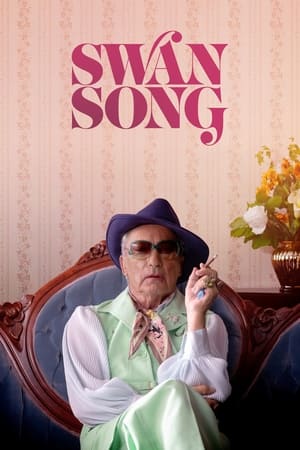 7.1
7.1Swan Song(en)
An aging hairdresser escapes his nursing home to embark on an odyssey across his small town to style a dead woman's hair for her funeral, rediscovering his sparkle along the way.
 9.0
9.0Baian the Assassin(ja)
This is an ensemble period drama adapted from Shotaro Ikenami's popular novel, featuring the famous Kabuki actor brothers Kinnosuke Manya and Katsuo Nakamura, who made the transition from the Kabuki world to the film industry, and a cast of gorgeous and diverse faces. The Edo period. Nagato Abe, a Hatamoto (a feudal lord), is annoyed by his son's bad behavior, and when it becomes a hindrance to his own career, he asks Otowaya Hanemon, a black marketeer, to assassinate his son. The target is then taken care of by the assassin, Umeyasu. In order to keep his mouth shut, Nagatomon no Mamoru also attempts to take Otowaya's life. Nagato's brother-in-law, Omiya Sahei, a corrupt merchant from the Kamigata region, also plans to replace Otowaya as the head of Edo's black market business, so Umebayashi and his fellow trapper Hikojiro set out to eliminate them.
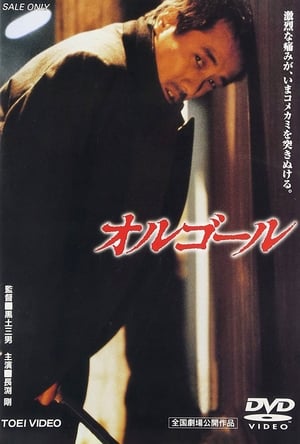 0.0
0.0Music Box(ja)
A former yakuza returns to gangster life after an old enemy threatens his son.
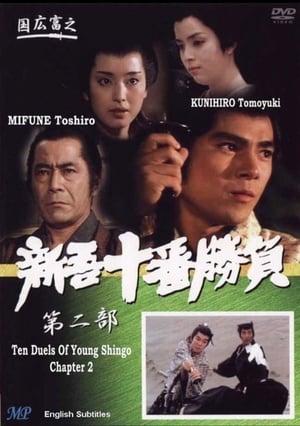 0.0
0.0Ten Duels of Young Shingo: Chapter 2(ja)
Brings Shingo face to face against Yagyu Tajima, the Shogun’s fencing instructor in a match that could save a domain near Osaka. Meanwhile Shogun Yoshimune must face a painful decision whether or not he can finally see his son for the first time.
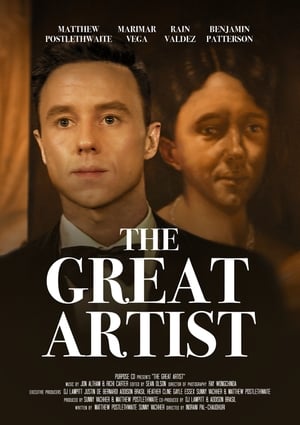 0.0
0.0The Great Artist(en)
A gifted artist finds himself in a broken balance between creating world class art and the all too silent struggle of self care as his life begins to unravel because of his Dissociative Identity Disorder.
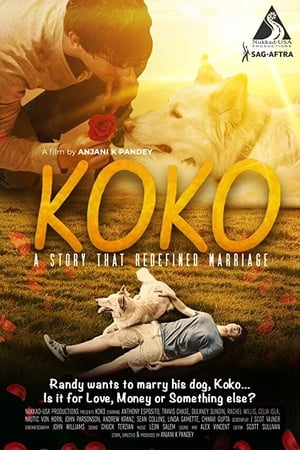 7.1
7.1Koko(en)
"KOKO" is an extraordinary story of a young financial guru (Randy) who suffers a lifetime of heartaches only to discover that the one purest form of love was found in his only true companion - his dog (Koko). This is a remarkable love story with a triumphant and spectacularly happy ending. It's about a young accounting executive, RANDY, who lives through hard life issues ranging from heartbreak to job loss - ...Randy later adopts a dog named Koko and with the gentle companionship of his new trusted friend, finds a new lease on life and love. As he heals from all of his wounds, he finds himself immediately bonding with Koko, like all pure and natural love does. His concern and empathy blossoms and is innocent and pure in nature. There is no malice, designs on self-gain or otherwise, and his relationship with Koko is purely one of the greatest emotions - LOVE. Randy feels a connection so deep that the only way he can express his commitment to Koko is through the bonds of matrimony.
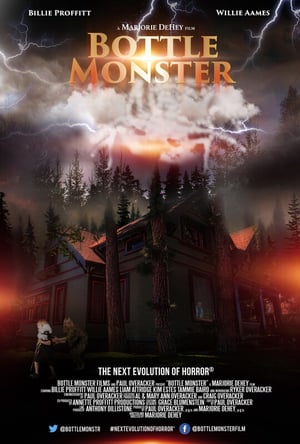 4.7
4.7Bottle Monster(en)
An alcoholic mother trying to flee her life, moves to a new house with her young son where she must battle her addiction as she is confronted by a real-life monster.
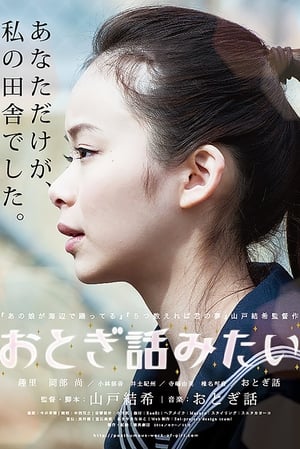 8.0
8.0Like a Fairy Tale(ja)
High school senior Shiho reminisces about her first love.
